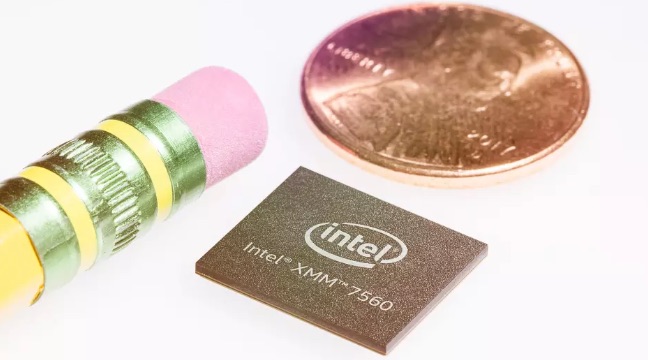Intel on Tuesday announced it will be exiting the 5G smartphone modem business to instead focus on 4G and 5G modem opportunities in the PC, Internet of Things, and other device markets.
“We are very excited about the opportunity in 5G and the ‘cloudification’ of the network, but in the smartphone modem business it has become apparent that there is no clear path to profitability and positive returns,” said Intel CEO Bob Swan. “5G continues to be a strategic priority across Intel, and our team has developed a valuable portfolio of wireless products and intellectual property. We are assessing our options to realize the value we have created, including the opportunities in a wide variety of data-centric platforms and devices in a 5G world.”
The announcement comes on the heels of a settlement between Apple and modem maker Qualcomm, that ended a legal battle between the two firms over unpaid royalty rebates and patent licensing. That chipset agreement suggests Apple may once again begin using Qualcomm’s modem chips in its iPhones, including in their 2020 iPhones, which are expected to be the first 5G-capable iPhones.
Intel said it will continue to meet customer commitments for existing 4G smartphone modems, but will not offer 5G modems for smartphones.
During the Qualcomm vs. Apple legal spat, Intel was the sole supplier of modem chips for the 2018 iPhone lineup, and was expected to deliver 5G modems for use in iPhones for 2020. However, the chip maker has reportedly been facing difficulties and had missed development deadlines for its XMM 8160 5G modem.
It is believed that Intel’s difficulties in meeting deadline had forced Apple’s hand, leaving them with no choice but to settle with Qualcomm in order to have a 5G capable iPhone ready for the 2020 model year. Apple’s settlement with the San Diego firm included a 6-year licensing agreement as well as a multiyear chipset supply agreement.


